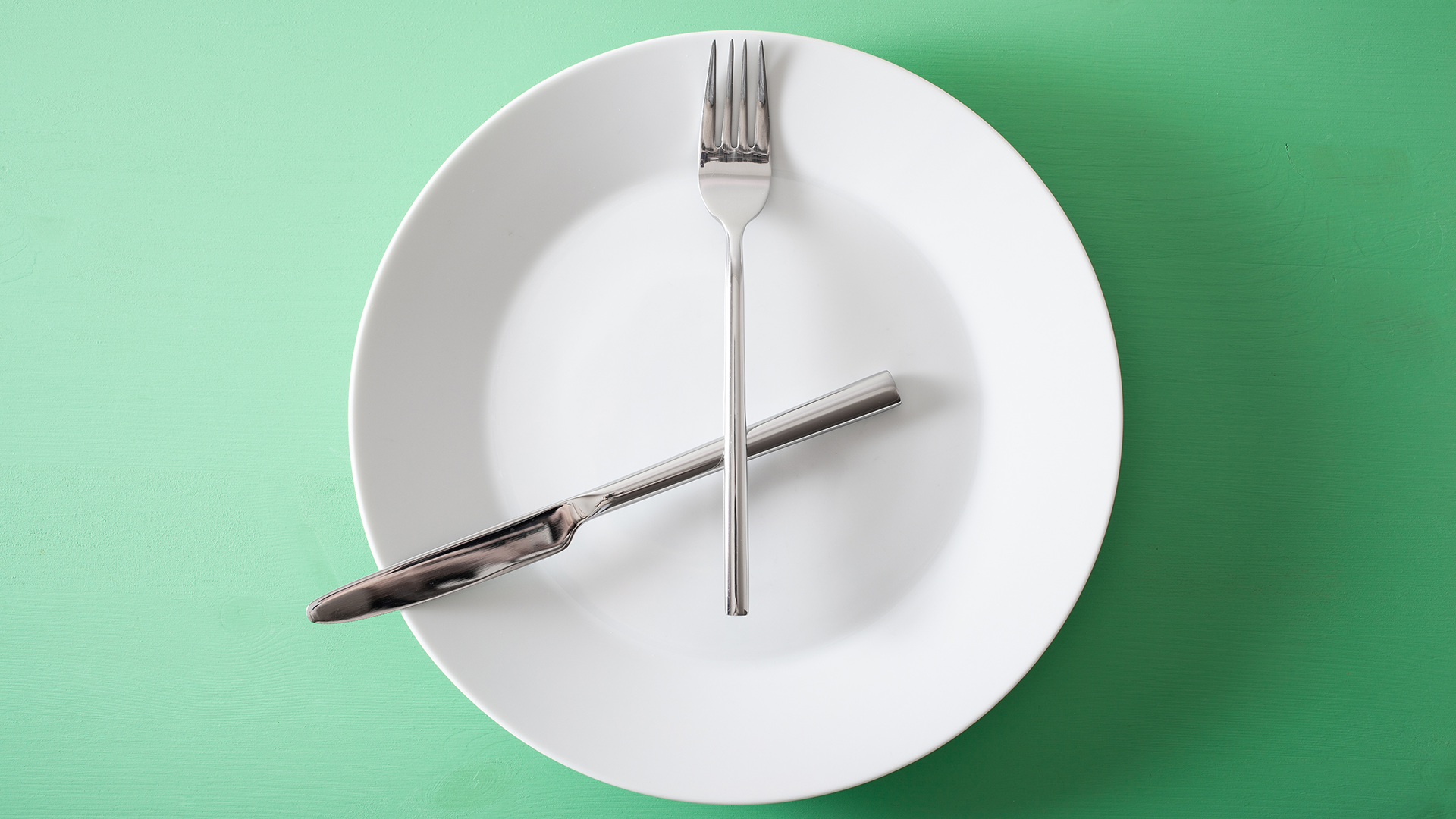Making the right food choices can be tricky, but when you’re on a tight budget, it can limit your options. This doesn’t mean it’s impossible to prepare healthy diets; far from it.
Expensive food tends to come in big pre-packaged cartons, so keeping it simple and taking it down to the basics could play to your advantage.
Some nutritious food is a bit pricey, but it’s not always the case. Let’s get down to the nitty-gritty and help you stay on course, even with a limited budget.
1. Make a shopping list and stick to it
Making a shopping list means planning your meals ahead of time, and you should always set some time aside to prepare your meals a few days in advance. When it comes to saving money, planning is essential and should be a priority, as it will mean you’ll resist the temptation to grab food on the go. 
Once you’ve decided on your weekly meals, check to see what you already have in your cupboards so you don’t purchase items you already have. Be specific about what you want to buy. Sticking to the list and not diversifying if you’re on a budget is essential.
Stick to healthy, non-processed food and ingredients; these tend to be found on the outer edges of a supermarket rather than in the middle. One way to make a healthy list is to start by listing all the fruit and vegetables you’re looking to purchase and work around that. Some apps, including calorie counters, can help you with your weekly shopping lists.
2. Don’t shop when you’re feeling hungry
This cannot be stressed strongly enough. We’ve all done it before, and we know what happens. You walk into the shop and buy twice as much as you intended; worse still, it’s unhealthy.
If you have a shopping list with you, it tends to get ignored as you start filling your basket with the things you crave most right at that moment. Unless you have incredible willpower, you will likely reach for food containing the wrong nutrients and possibly more expensive too.
This is a rare moment where snacks are your friends, so reaching for a yogurt or bag of nuts before entering a store it a brilliant tactical move.
3. Home cooking is best
Not only is it usually cheaper to cook at home, but you can also control exactly how many calories are in your meal and ensure you are consuming healthy foods. Eating out is a treat, but if you’re on a budget, this could have a knock-on effect on what you have left to spend on the remainder of your weekly meals. 
When you’re looking to reel in your food spending, eating at home should always come before takeaways, convenience food or eating in a restaurant.
4. Cook smart
Cooking too much means there are leftovers, which can be used for lunches the next day or meals for later in the week. Try not to waste food, as you are simply throwing money away.
Deliberately cooking a large meal to save half for another meal will save you time too. If you have leftover meat or veg, think about how they could be reused in stews, stir-fries or salads. Having a meal prepared and ready will also help you to resist the temptation of ordering food or picking up convenience food at the last minute.
5. Try to avoid the big brands
If you’re shopping in a big store, you’ll likely find the supermarket’s “own brand” of a particular product. Although they don’t have your favorite brands’ “feel good” factor, these are generally the cheapest option.
The one proviso we would state is that it’s always best to check to make sure the supermarket’s brand doesn’t contain more calories than your other brand. While we’re looking to save money, we still want to eat healthily and don’t want our health to suffer at the hands of our budget.
6. Don’t be afraid of the frozen aisle.
Many people avoid the frozen section of a supermarket due to the high volume of processed ready meals, but there are some healthier foods in this section that shouldn’t be overlooked. 
This includes frozen fruits and vegetables, which are usually much cheaper if bought frozen. Frozen fruit is great for adding to smoothies and as a low-calorie sweet snack, and as you’ll only remove it from the freezer as you need it, your stock will last longer.
7. Avoid processed foods.
Pre-package-ready meals are convenient, but if you’re setting time aside each week to plan healthier meals, these should be unnecessary. Convenience meals tend to be packed with the wrong nutrients and are usually more expensive.
Buy whole foods whenever possible to ensure you aren’t skimping on your dietary needs and overspending into the bargain. For example, whole grains, like brown rice and oats, are cheaper per serving than most processed cereals. You can also buy essential ingredients in bulk, leading to additional savings.
8. Keep an eye on the sales
Two-for-one deals and slashed prices mean extra savings, though don’t buy anything if you are unlikely to consume it. 
Keep an eye out for any items for sale which you regularly use and that you can stock up on, especially those which you can freeze and take out as you need them, thus reducing your food waste.
9. Use coupons and points cards
Look out for coupons for products you know you’ll use. Using coupons for items you do not intend to eat will be a complete waste of money and will defeat the purpose.
Concentrate on the nutrient-rich food and things you can buy in bulk and stock up on. Also, swipe your points card at the checkout each time for current and future savings.
10. Meat is not the only protein
Meat can be costly, especially if you’re used to eating it every day, so why not try to vary your diet without skimping on the essentials?
Try to change your diet for a few days without being carnivorous and make meals based on eggs, dairy products, grains, nuts and seeds.
Eating healthily on a budget is all about planning. Once you get into the routines of knowing which meals you want to prepare, it’ll become much more manageable and having meals ready to eat in your home, rather than from a takeaway, is a much healthier and more cost-effective option.
Struggling to keep on top of your weight loss goals?
PhenQ is a unique new weight loss supplement designed to suppress your appetite to eat less and cut calories.



